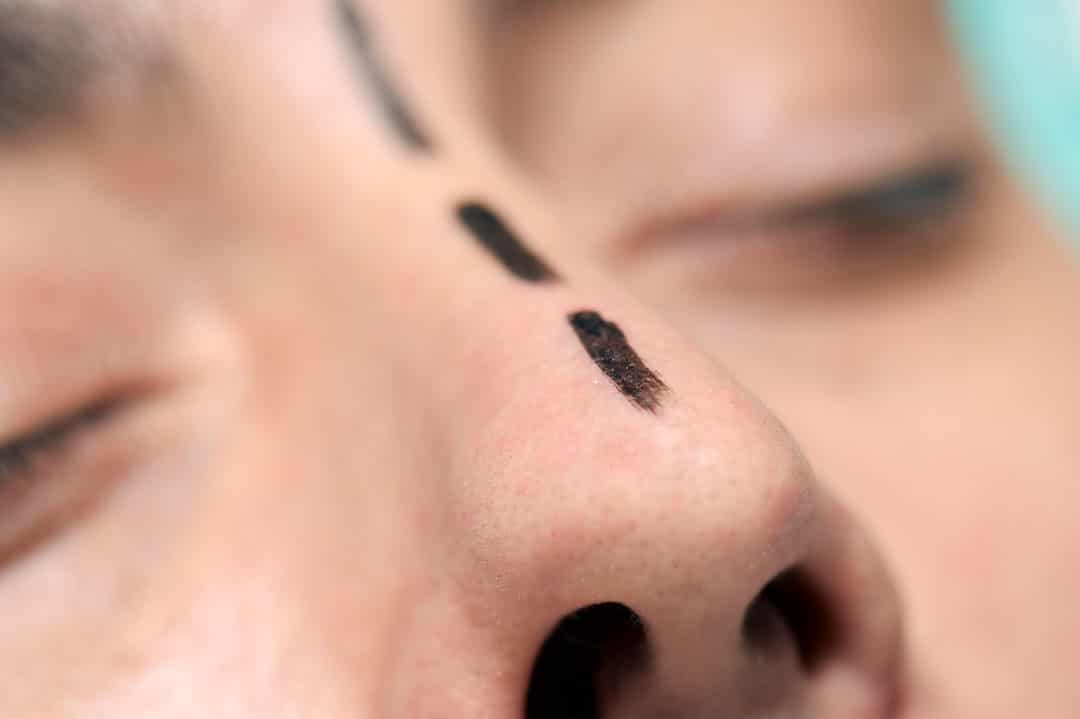Ask Dr.Jones
At Lexington Plastic Surgeons, we are one of the very few practices who still use the open rhinoplasty technique on our patients. A rhinoplasty, or nose job is a procedure used to alleviate breathing issues and other medical problems relating to the structure of the nose. This procedure can help improve the appearance and proportions of the nose and help reduce or widen the length of the nose.
A nose job can be performed using two different techniques known as an open or closed rhinoplasty. With an open rhinoplasty, an external incision is made across the columella, or the strip of tissue that divides the nostrils. Through this incision, the skin covering the nasal bone is gently raised, allowing access to reshape the structure of the nose. Once the structure of the nose is sculpted to the desired shape and size, the nasal skin and tissue are enclosed.
For some of our patients with ethnic backgrounds and darker skin tones, this technique can be very tricky when it comes to the healing process. Our scars can sometimes heal with darker pigmentation or become raised, like hypertrophic scars. In some cases, these scars will form painful and unsightly keloids instead. A visible scar is not always aesthetically pleasing for our patients, especially on the face.
If you are prone to developing keloids or hypertrophic scars, a closed rhinoplasty may be a better option. With the closed rhinoplasty technique, all of the incisions are made inside of the nose, essentially making this procedure scarless. You can still achieve the same wonderful results of a rhinoplasty without the headache of external scars and incisions!



